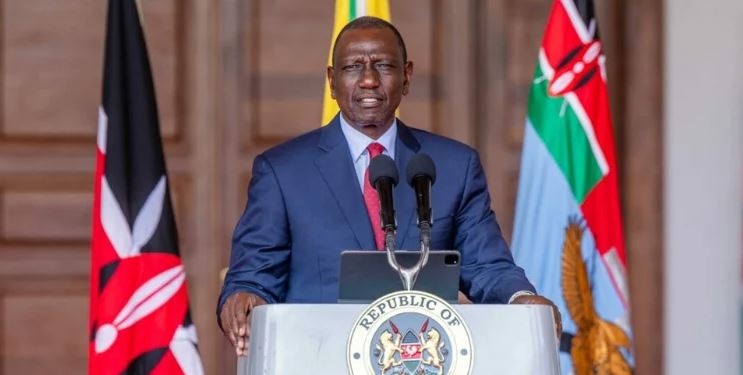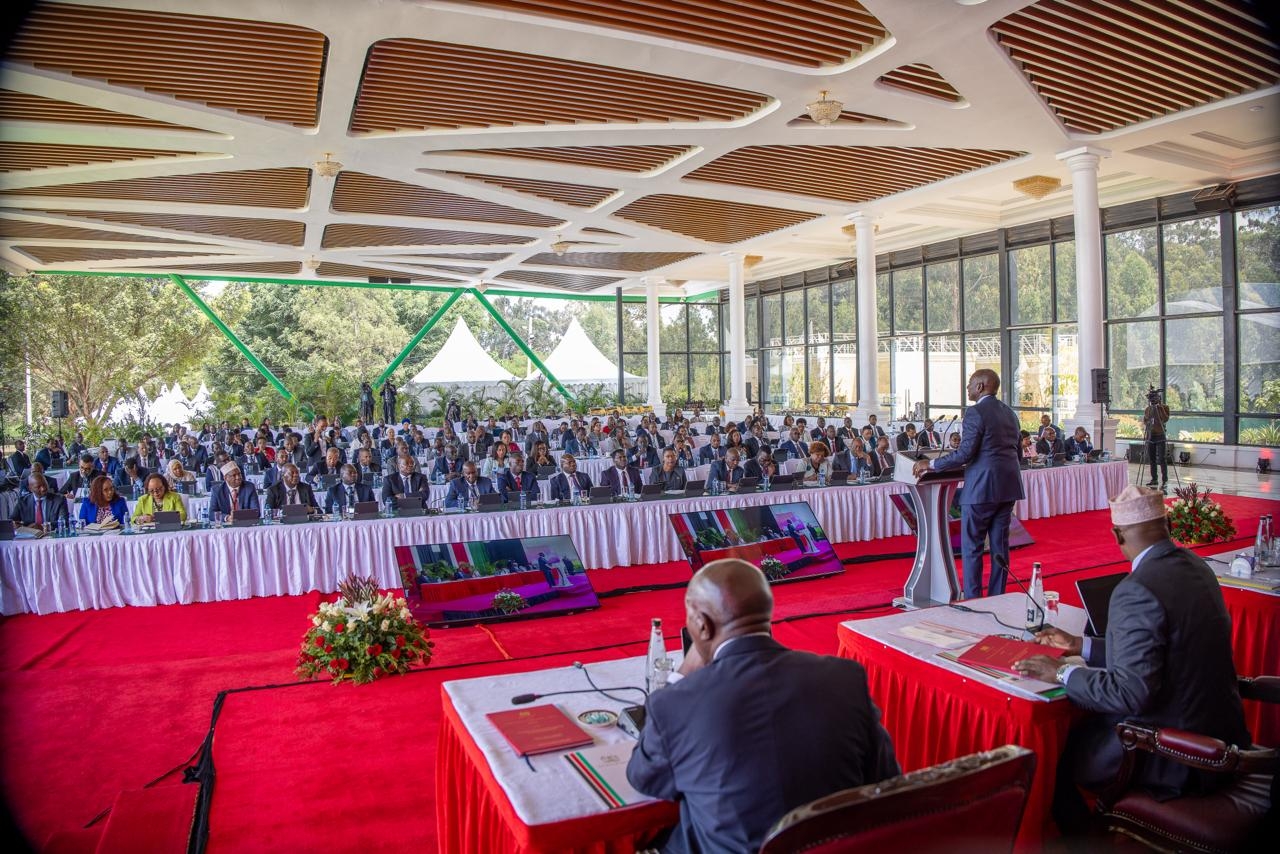
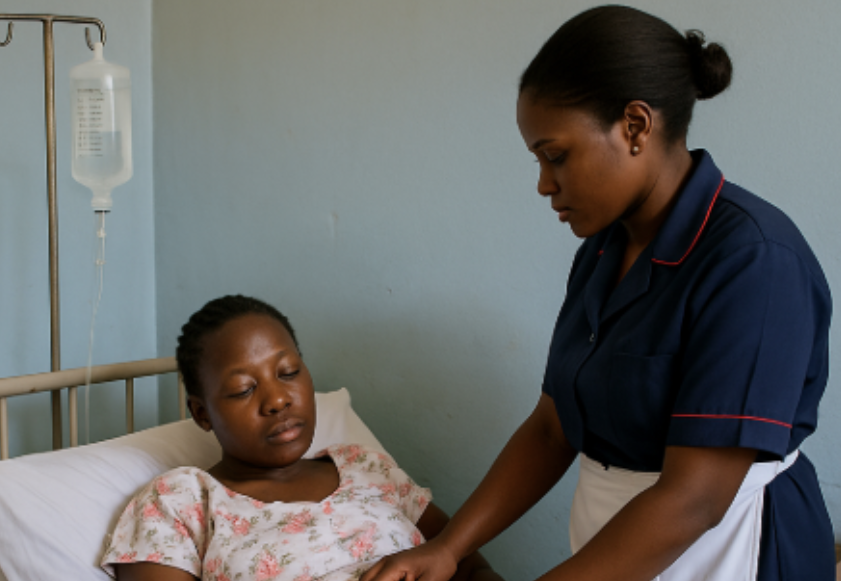
It is early morning in Rabuor, Kisumu county. Buses honk as they rumble past and hawkers line the roadside, offering hot tea and snacks to the day’s first customers. Birds chirp overhead, a hopeful sign of a day meant to bring good fortune.
But for the women arriving quietly at a local hospital, and for the nurses preparing their tools, the day carried a far more sobering task: the delicate, often overlooked work of providing post-abortion care.
On the hospital lawn, nurse Emily Omedo, 34, shares her experience serving the residents of Rabuor.
“Most of the women who come here are in emergency situations,” she says, pulling up a chair. “This work is not for the faint-hearted. You carry the weight of others’ grief and trauma, and it stays with you.”
She recalls heartbreaking encounters with young girls, some barely adolescents, who arrive fully aware of their pregnancies and determined to end them.
“You ask so many questions,” Omedo says quietly. “She tells you plainly, ‘I don’t want this pregnancy. I just want it out.’”
These cases, she explains, come with a heavy emotional toll. “It’s not easy. Emotionally, it drains you. But in those moments, you must rely on judgment and compassion to support them.”
According to the African Population and Health Research Centre survey of 2025, over 792,000 induced abortions occurred in Kenya in 2023 alone.
A significant proportion result in complications that require medical attention. The report says that unsafe abortion remains a leading cause of preventable maternal deaths, with at least 2,600 women dying each year and thousands more hospitalised due to related complications.
In Omedo’s experience, many of the pregnancies are a result of abuse, often by someone known or even related to the victim. Reporting the crime is rarely a priority for the survivors.
“All she wants is to get rid of the pregnancy. And she tells you, ‘If you don’t help me, I’ll still find a way to do it.’ That’s what makes it so hard,” she says tearfully.
Omedo pauses, her expression heavy. “You have mixed feelings. On one hand, abortion is criminalised in Kenya. On the other, the Bible doesn’t permit it. Then there are your own personal beliefs to wrestle with.”
She describes the emotional conflict that arises when a young girl reveals her pregnancy is the result of abuse by a close relative. “You’re shocked. You try to ask gently, ‘How sure are you that you’re pregnant?’ You dig deeper, but it’s painful.”
HAUNTING CASE
Omedo’s face clouds as she recalls a case that still haunts her: a 12-year-old girl in Grade 5 who had been impregnated by her own father.
“It took almost six months for her to open up and tell me the truth,” she says. “At first, I could only reach her through the Young Mothers Club. That’s how I tried to educate them about the dangers of abortion and give them hope.”
She worked with the girl throughout the pregnancy, offering comfort, checking for danger signs, and nurturing her emotionally.
“The way the community sees these girls is different. They’re judged harshly, treated like they did something wrong. If we don’t handle them well, some will die by suicide. Some will just disappear. So much can happen to them.”
When the girl finally opened up, it was near her delivery time. “She told me the pregnancy was her father’s,” Omedo says. “As a human being, it was not easy to absorb that information.”
She remembers sitting quietly, listening as the girl described how the abuse happened. “I asked, ‘How many times has this happened?’ And she said, ‘Several times. I can’t remember.’ That’s when a tear just fell from my eye.”
The father would wait until the mother, a banana vendor, had gone to the market, then abuse her. “He told her that if she ever spoke about it, he would kill her. She lived in constant fear.”
Trying to understand the extent of the abuse, Omedo asked if the father used any form of protection. The girl didn’t even know what a condom looked like.
“So, I showed her one which I opened and asked if she had ever seen it. She looked at me blankly. She had no idea. And that broke me.”
Eventually, the child was rescued and taken to a safe centre.
These experiences are not rare, and for many women who seek post-abortion care, nurses like Omedo become their only confidants. “When you’re faced with such stories, it’s disturbing. You wonder how to cope with the stress and emotional pressure,” Omedo says.
To care for others, she knows she must also care for herself.
“After handling a PAC case, I usually take a walk. I check if we’re staffed well, then I step away. I might go swimming or do something recreational just to clear my mind.”
She also confides in a trusted friend, someone who helps her process the emotional aftermath.
“Talking helps. It’s like you offload a part of the burden. It doesn’t erase what you experienced, but it lightens it, even if just a little.”
Before performing any procedure, Omedo ensures every girl understands what will happen, the risks, the options, and what comes next.
“She must be psychologically prepared. We also talk about how to prevent further pregnancies and what to do if she was raped, including how to report it.”
Health Cabinet secretary Aden Duale says the ministry has rolled out the 2025 PAC Guidelines, along with new training manuals, standards, and assessment tools.
“The ministry developed Maternal Newborn Health Quality of Care Standards and an assessment tool that facilities can use to track the quality of care during PAC service provision at all levels,” Duale says.
Kenya is developing in-service and pre-service PAC training manuals and mental health guidelines for healthcare workers.
“We’ve recommended that every facility have a psychologist or counselor for routine debriefing. We’re also launching in-service and pre-service training for all providers.”
He acknowledges the emotional burden on PAC providers and says the ministry has launched a national hotline for psychosocial support.
“We’ve built mental wellness into our supervision tools and encourage counties to update teams regularly on PAC and trauma care,” the CS says.
The 2025 PAC Guidelines define what constitutes safe and lawful care, offering legal clarity and protection for providers.
“We must ensure those delivering care are supported, protected, and emotionally resilient,” Duale says. “Only then can we offer truly compassionate services.”
COST OF COMPASSION
For nurse Elizabeth Waweru*, the challenges are just as complex. She recalls a heartbreaking incident involving a young woman, Akoth*, who came to the facility last year seeking post-abortion care.
“She looked visibly unstable, but she was clear that she needed PAC services,” Waweru says. “It was one of those hectic weekends when we work in shifts. I was busy, and she wasn’t willing to queue or wait her turn. She kept pacing anxiously around the corridor.”
Waweru recounts how Akoth eventually got a chance to see her, but she was growing increasingly impatient. She urgently wanted the fetus removed.
“Before any procedure, I tried to talk to her, even offered counselling, which is part of our job. I wanted to understand why she was in such a desperate state. But from the look in her eyes, from her emotions—it was clear she wasn't ready to open up. She just wanted the procedure done immediately.”
Waweru advised Akoth to return the next day, so they could monitor her properly.
“She didn’t take it well. She left the hospital and immediately rushed to another facility. I don’t know if she got the help she needed. But on the way, she was hit by a car. She died on the spot. I kept asking myself what if I had attended to her?”
The trauma from that day remains vivid in her memory.
Waweru explains that many girls and women arrive at the facility already bleeding, a clear indication that they attempted to abort the pregnancy on their own.
“These girls, when they come bleeding, you first have to do an ultrasound because you need to know the age of the pregnancy. You don’t want to proceed with the procedure without knowing whether the baby is alive. We send them for an ultrasound, and we often discover that they can’t afford the x-ray. When you explain why it’s important, some of them hesitate.”
At times the girls are not ready to keep the pregnancy. “They come to us because they want to terminate it, but we don’t have the standard operating procedure for termination of a pregnancy. So, we have to explain to them, and by then, many have already resorted to harmful methods. By the time they come to us, we have to admit them to remove the pregnancy completely. Those are some of the challenges we face.”
For Omedo and Waweru, the work of providing post-abortion care is not just a job but a solemn duty to protect dignity, restore hope, and offer support to those society has often left behind.
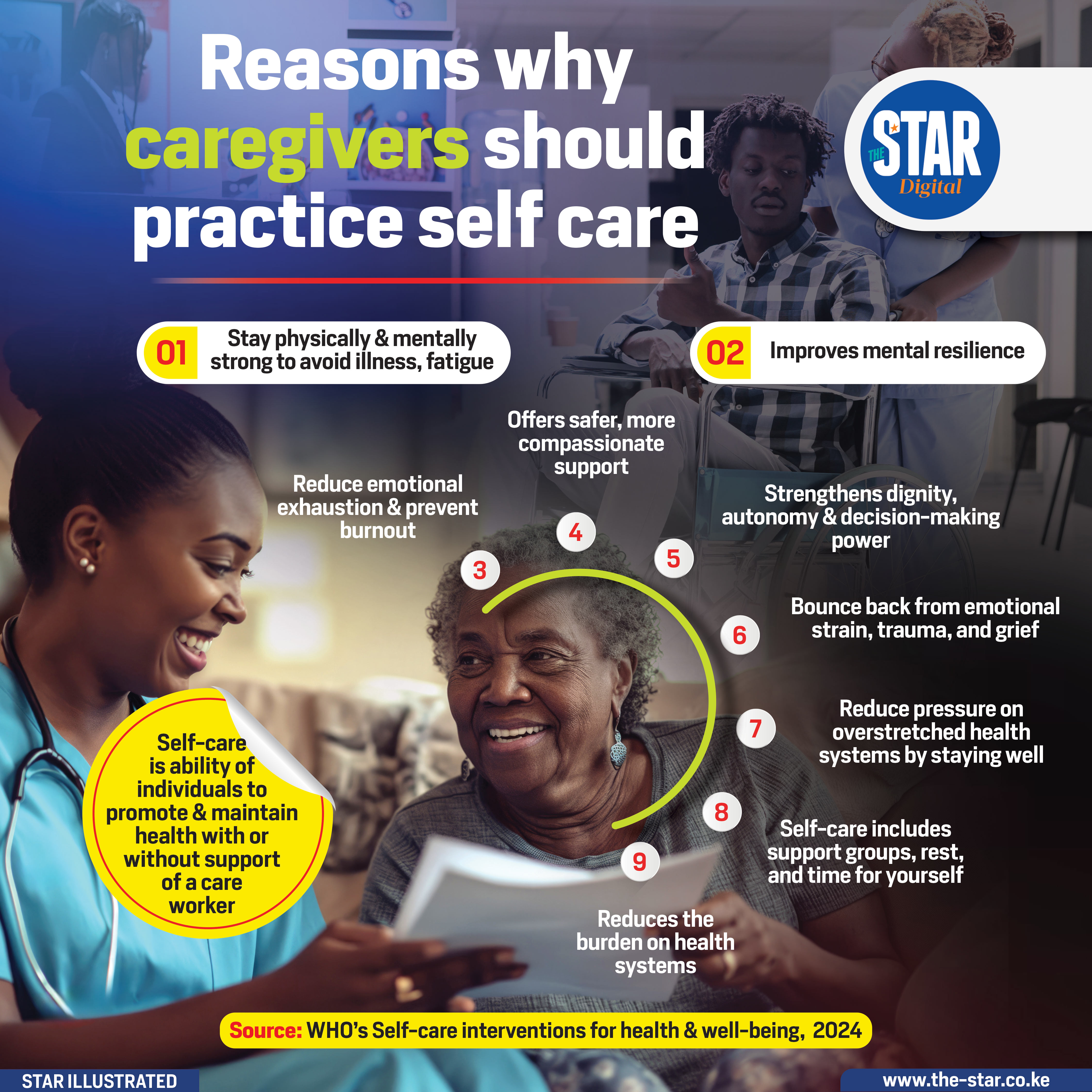
SYSTEMIC GAPS?
Kenneth Juma, an epidemiologist and senior research officer at the African Population and Health Research Centre, says healthcare workers offering post-abortion care operate in distressing environments with minimal support for their own mental well-being.
“There is very little support given to them by the health system to attend to their mental health, addressing burnout, trauma, stress, and depression caused by their overwhelming workloads.”
Juma suggests peer-to-peer mentorship as one effective way to support the providers. “This support can take the form of peer engagement or expert-driven approaches. What’s important is that there is structured, ongoing support.”
Juma says caregivers also need training in self-care to help them avoid neglecting their own well-being. “Such training can equip them with the tools and skills to navigate their challenging work environment without becoming overwhelmed.”
But he notes that many providers lack proper training in counselling women on post-abortion care and family planning.
Citing a recent APHRC report, Juma says while 98 per cent of the 4,400 women who received post-abortion care in a particular month were counselled, fewer than half left with a family planning method.
“There are clear gaps in training both in pain management and in providing respectful, dignified care to women during post-abortion services,” he says.
Kisumu county director of public health Fred Oluoch confirms that the county has adopted WHO guidelines on PAC.
“We offer not just clinical treatment but also counselling and mental health services. Post-abortion care is a right under Article 43 of the constitution.”
Kisumu is training providers to offer rights-based, respectful care, with professionalism and compassion, Oluoch says.






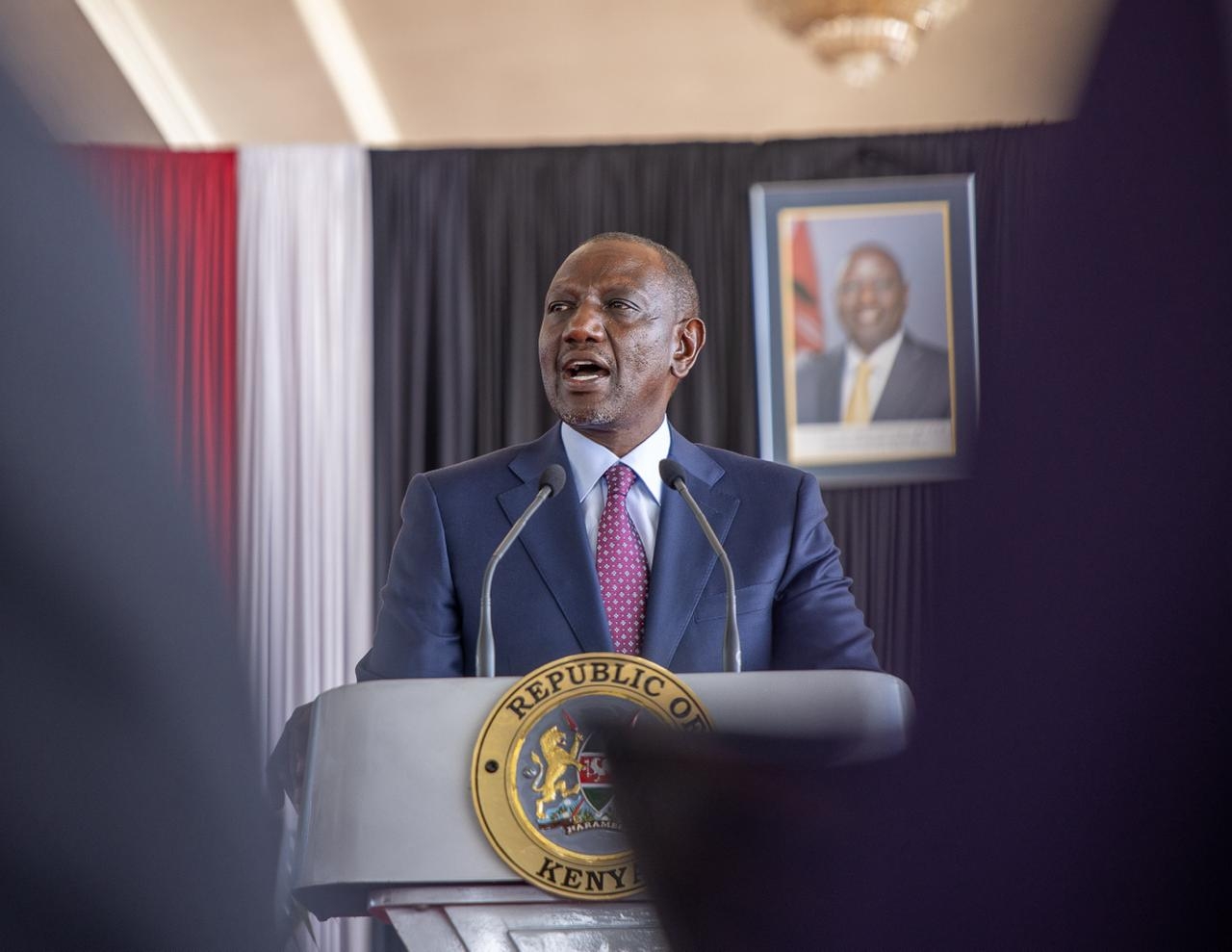

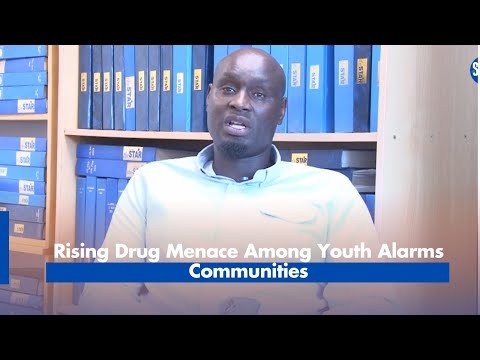
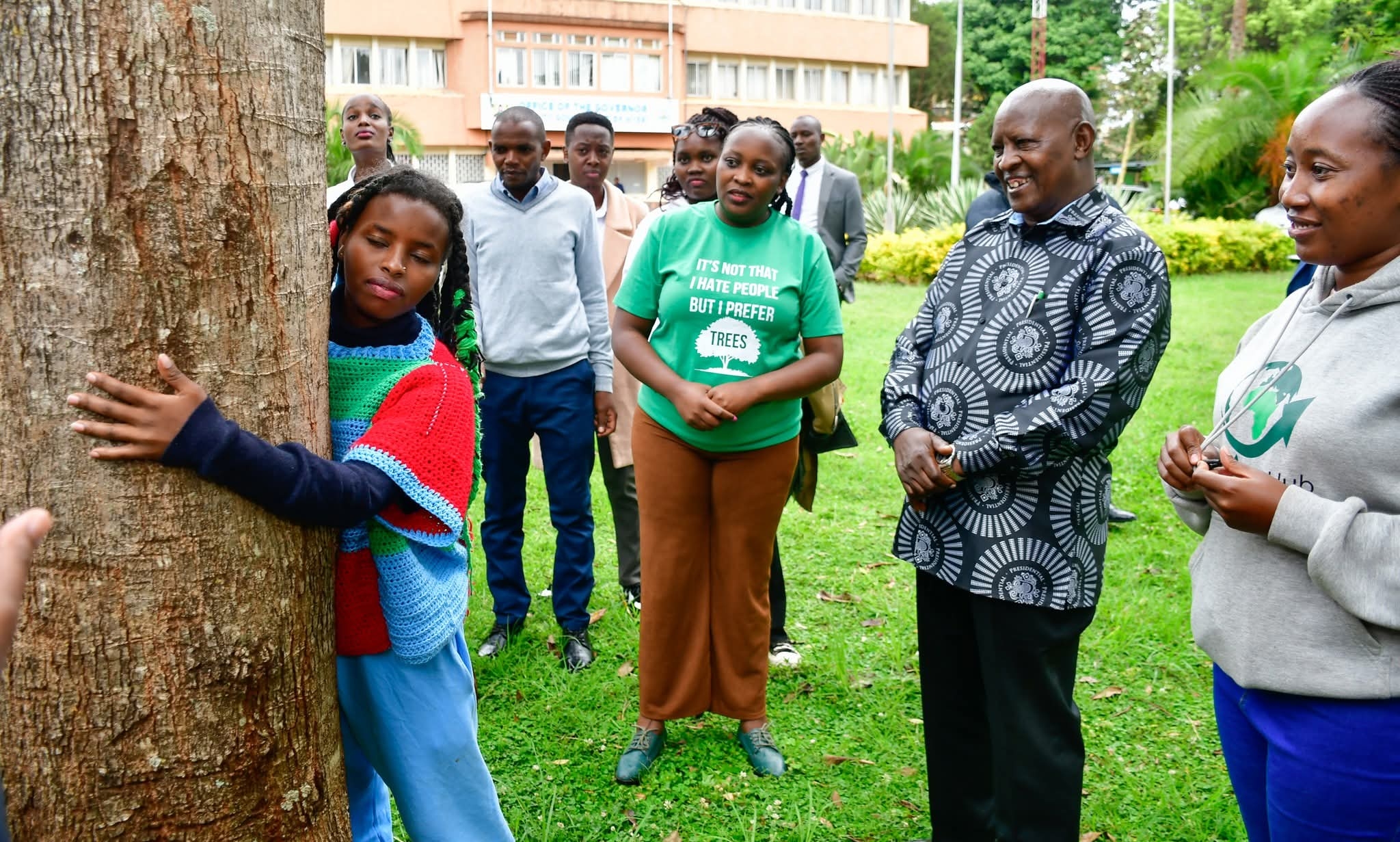


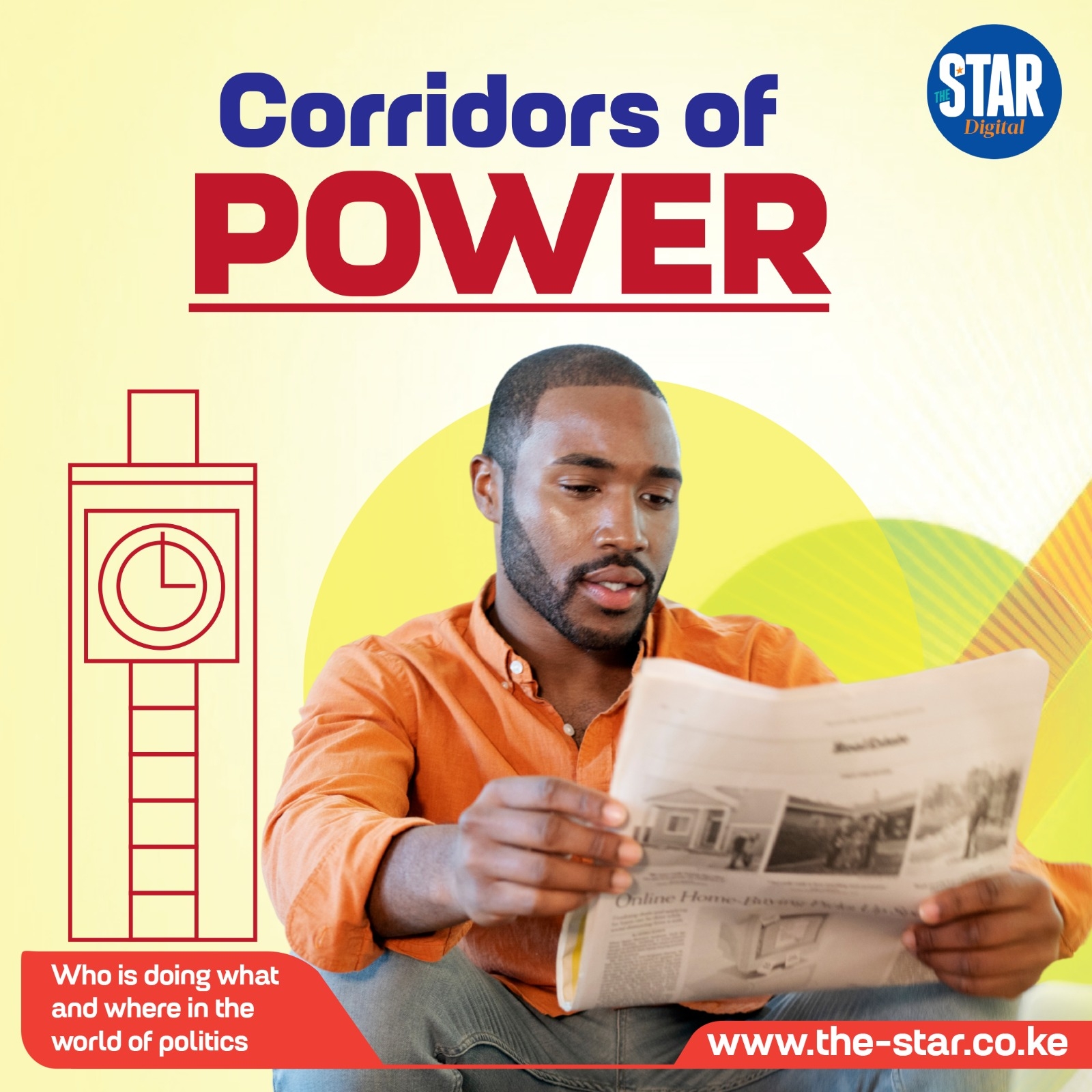
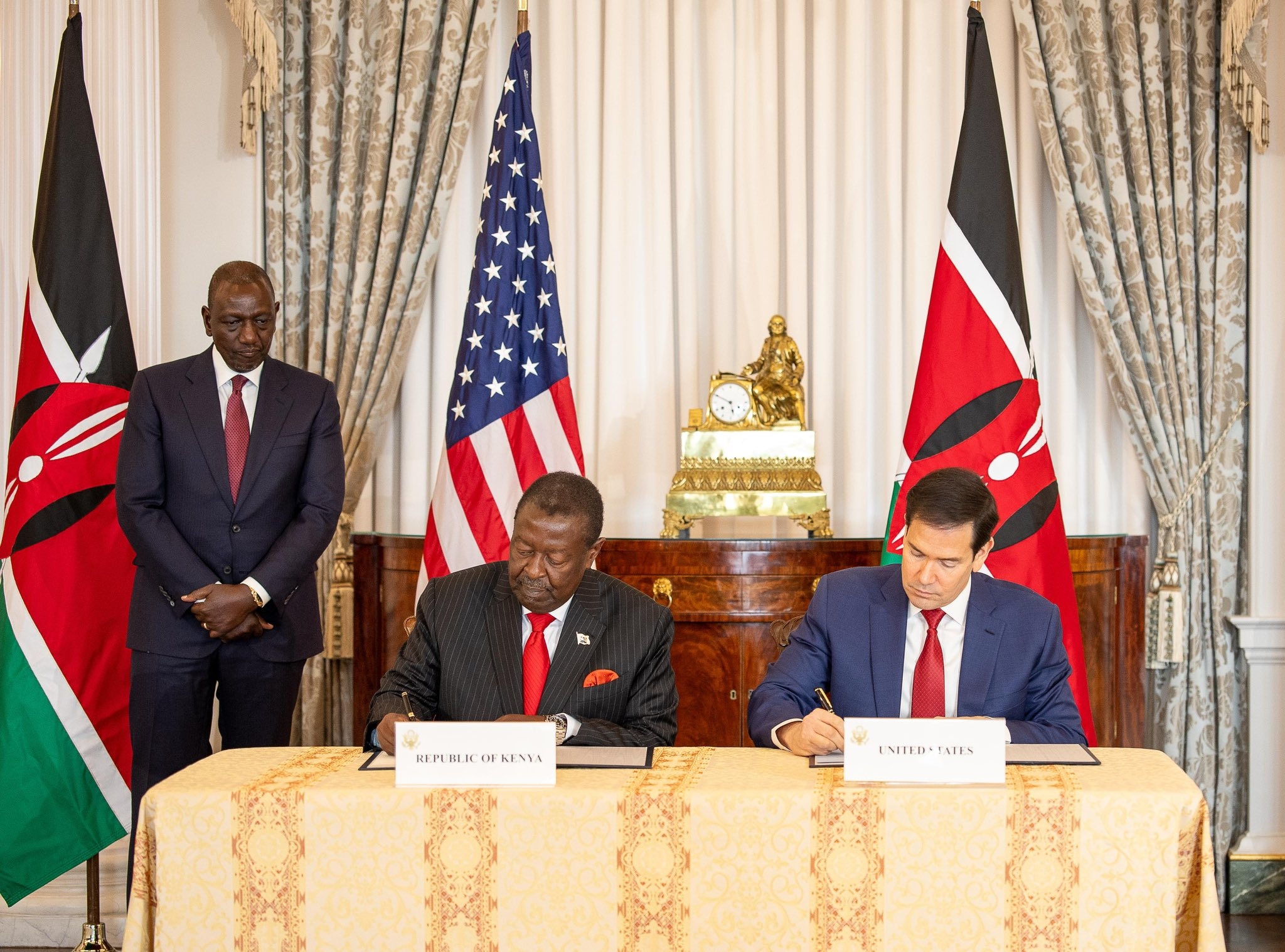
.jpg&w=3840&q=100)

